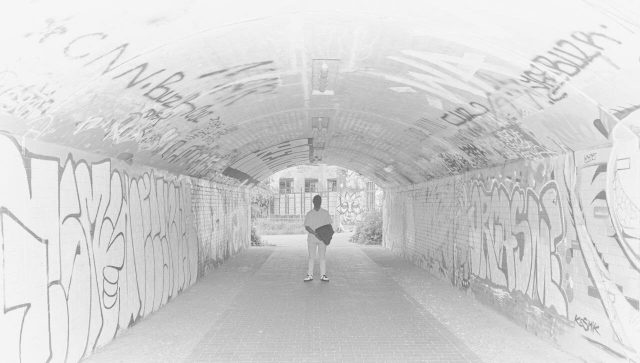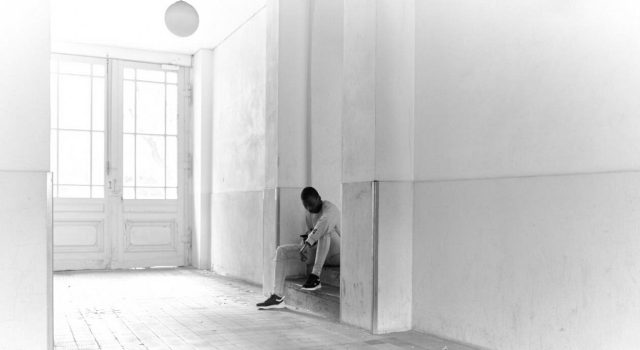Read and sign our open letters to the government here
Lesen und unterzeichnen Sie unsere offenen Briefe an die Regierung hier
Open letter to Minister of the Interior, Nancy Faeser
Offener Brief an die Bundesinnenministerin Nancy Faeser
Read here
Open letter and demands to the Berlin Senate
Offener Brief und Forderungen an den Berliner Senat
Read here
Open letter from the Student Coalition for Equal Rights
Offener Brief der Student Coalition for Equal Rights
Read here
ABOUT US
who we are
We are a BIPoC-led mutual aid community focusing on the situation, struggle, needs, and self-empowerment of BIPoC who had to flee the war in Ukraine, don’t hold Ukrainian citizenship, and are now in Germany.
We are based in Berlin. Our community also includes people who are not from Ukraine and have been in Germany longer, and organise in solidarity and friendship for equal rights for all and against racism.
What We Do
The areas we are active in range from sharing vetted information and making it more accessible (e.g. about registration processes, resident permit types, political developments) to community-based activism and advocacy. We also offer a safer space with social gatherings (around music, food, art activities, …) for people to connect and grow community.
We give practical support (arranging medical appointments, legal support, finding language courses, job offers, gym registrations, free food and more) to help ease day-to-day struggles in the new environment in Germany.
why
Because living in safety from harm and in freedom is a human right.
To resist against a structurally racist system and to practice radical community care.
To give everyone a welcoming space to arrive, connect and find ways for self-empowerment in the face of systemic discrimination and multi-layered blockages.


